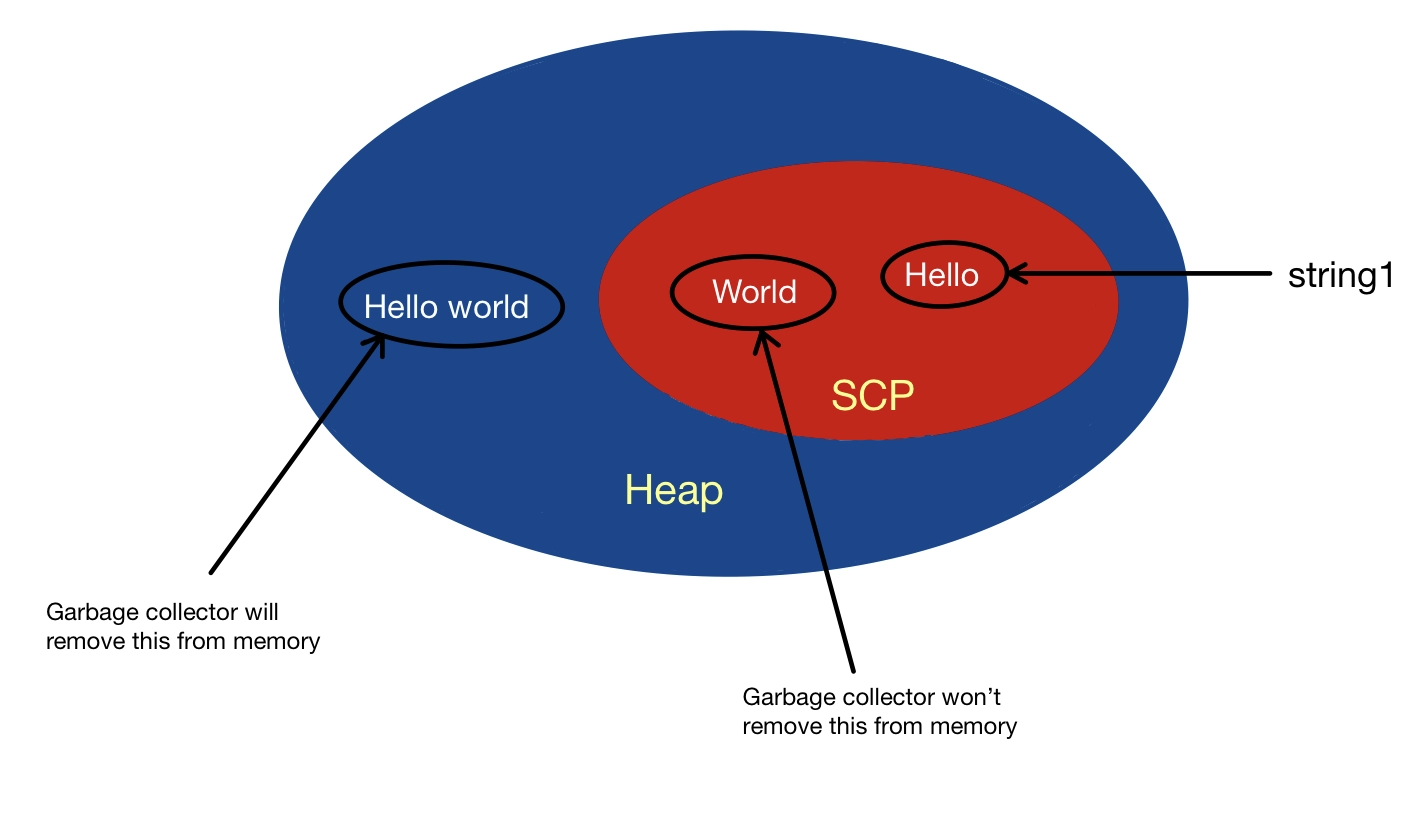Unalterable Strings: A Trick Element in Ensuring Information Uniformity and Reliability
In the world of information monitoring, the relevance of unalterable strings can not be overemphasized. The idea of immutable strings transcends mere triviality; it is a linchpin in the facility web of information administration.
The Principle of Unalterable Strings
Unalterable strings, an essential concept in programming, describe strings that can not be modified when they are developed. Essentially, as soon as a string worth is designated, any procedure that shows up to change the string actually produces a new string. This immutability guarantees data uniformity and dependability in applications, as it prevents unforeseen adjustments to the initial data.
Advantages in Data Consistency

Information uniformity is critical in different aspects of software growth, consisting of database monitoring, multi-threaded atmospheres, and distributed systems (Why are strings immutable in Java?). Unalterable strings contribute considerably to achieving this uniformity by avoiding data corruption due to simultaneous accessibility. In circumstances where several procedures or threads interact with the same information all at once, unalterable strings act as a guard against race problems and synchronization concerns
Moreover, the immutability of strings streamlines debugging and testing procedures. With immutable strings, designers can trust that when a string is set, it will remain unmodified, making it simpler to trace the source of mistakes and making sure that test situations produce constant outcomes. This reliability in data dealing with ultimately leads to more steady and robust applications.

Executing Unalterable Strings
Making certain the immutability of strings requires a thoughtful technique to their execution in software program development. One vital method is to develop string courses in a method that prevents alterations when a string item is created. By making strings unalterable, developers can improve data consistency and reliability in their applications.
To implement unalterable strings properly, designers should prefer producing brand-new string things as opposed to customizing existing ones. This practice makes certain that once a string is assigned a value, it can not be transformed. Furthermore, any kind of operation that shows up to customize the string must produce a brand-new string with the desired changes as opposed to changing the original.
In addition, utilizing unalterable strings can simplify concurrency administration in multi-threaded settings. Considering that immutable strings can not be transformed after development, they can be safely shared amongst multiple More Bonuses threads without the danger of data corruption.
Duty in Dependability Assurance
In software application growth, the utilization of immutable strings plays a critical duty in guaranteeing the integrity of information operations. Immutable strings, when produced, can not be changed, making sure that the data they stand for continues to be constant throughout the application's implementation. This immutability residential property gives a degree of guarantee that the information being processed will not be unintentionally changed, resulting in unexpected end results or errors in the system.
By including immutable strings right into software application design, designers can boost the dependability of their applications by lessening the dangers connected with mutable data - Why are strings immutable in Java?. Immutable strings aid in protecting against information corruption or unintentional adjustments, which can be specifically essential when dealing with sensitive information or when information stability is critical
Moreover, using immutable strings simplifies simultaneous processing, as numerous strings can safely accessibility and share string data without the risk of one string modifying the content while one more is reading it. This element adds dramatically to the general reliability of the software system, making sure regular and foreseeable behavior in information dealing with procedures.
Applications and System Assimilation
The smooth combination of immutable strings into numerous applications and systems is essential for ensuring durable information uniformity and reliability throughout diverse technical environments - Why are strings immutable in Java?. Unalterable strings play look at more info a critical function in boosting the stability of information exchanges and communications within complicated software ecological communities. By incorporating immutable strings right into applications, designers can reduce the dangers related to data tampering, unauthorized modifications, and inadvertent modifications, thereby strengthening the overall protection position of the system
In the context of system integration, unalterable strings act as a fundamental component for developing secure communication networks and assisting in seamless information transfers in between different parts. Their unalterable nature guarantees that information transferred between systems remains unmodified and verifiable, reducing the likelihood of inconsistencies or errors that could compromise the integrity of the whole system. In addition, unalterable strings can improve interoperability between inconsonant systems by offering a standardized style for data representation, allowing much more effective information processing and exchange procedures across interconnected platforms. By embracing immutable strings in applications and system assimilation processes, organizations can fortify their data framework and support the reliability and consistency of their information possessions.
Conclusion
To conclude, immutable strings play an important function in maintaining information uniformity and dependability in various applications and system integrations. By ensuring that strings can not be changed as soon as produced, the stability of information is maintained, lowering the danger of incongruities and mistakes. Executing immutable strings can dramatically boost the integrity of systems, ultimately leading to even more reliable and exact data processing.
